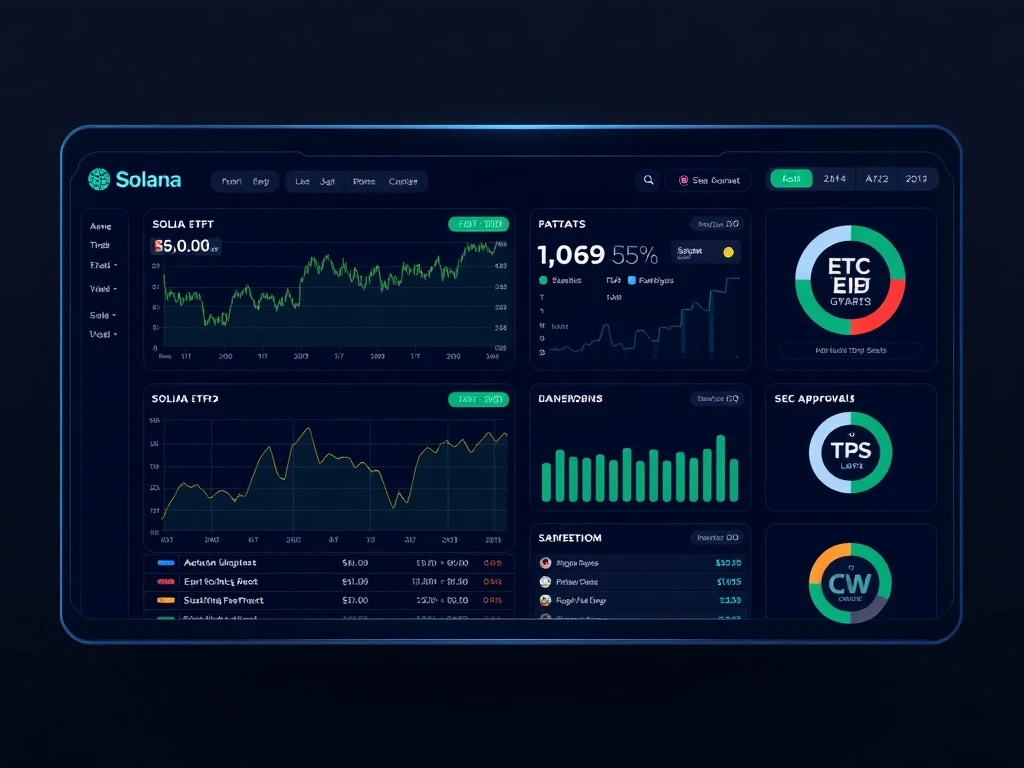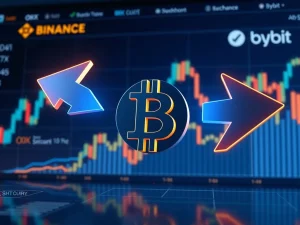Solana ETF Breakthrough: Seven Major Firms Adapt Filings to Meet SEC Demands

The race for a Solana ETF is heating up as seven major asset management firms revise their filings to align with SEC feedback. Could this be the next big breakthrough in crypto investment?
Why Are Solana ETF Filings Being Revised?
Seven prominent firms – Grayscale, VanEck, Bitwise, Canary, Franklin Templeton, Fidelity, and CoinShares – have submitted amended S-1 registration statements for their proposed spot Solana ETFs. These revisions come after initial filings in June 2025 and represent a coordinated effort to address regulatory concerns.
Key Changes in the Updated Solana ETF Proposals
- Inclusion of liquid-staking tokens like JitoSOL and SSK
- Enhanced staking mechanisms for yield generation
- Improved market surveillance provisions
- Clearer pricing methodologies using Lukka Prime Solana Reference Rate
What Does This Mean for Crypto ETF Landscape?
The regulatory environment for crypto ETFs has evolved significantly since the approval of Ethereum-based spot ETFs in 2024. Solana has emerged as a leading contender for the next wave of crypto investment products, with its:
| Advantage | Description |
|---|---|
| Speed | High throughput blockchain capabilities |
| Liquidity | Strong market depth and trading volume |
| Ecosystem | Growing developer community and applications |
When Can We Expect SEC Approval for Solana ETFs?
Industry experts estimate a 95% likelihood of approval, though the timeline remains uncertain. The SEC’s decision could come as early as Q4 2025, potentially opening the door for other altcoin ETFs.
FAQs About Solana ETF Developments
What makes Solana different from Bitcoin and Ethereum ETFs?
Solana ETFs incorporate staking rewards, offering potential returns from both price appreciation and network participation – a feature not available with Bitcoin ETFs.
How do liquid-staking tokens work in these ETFs?
Tokens like JitoSOL allow investors to benefit from staking yields while maintaining liquidity, as the ETFs can stake a portion of holdings without locking up all assets.
What are the main regulatory hurdles remaining?
The SEC continues to evaluate market manipulation risks and custody solutions, particularly regarding the staking components of these products.
How might Solana ETFs impact SOL’s price?
Approval could bring significant institutional investment, potentially increasing demand and liquidity for SOL, though the exact impact remains speculative.









